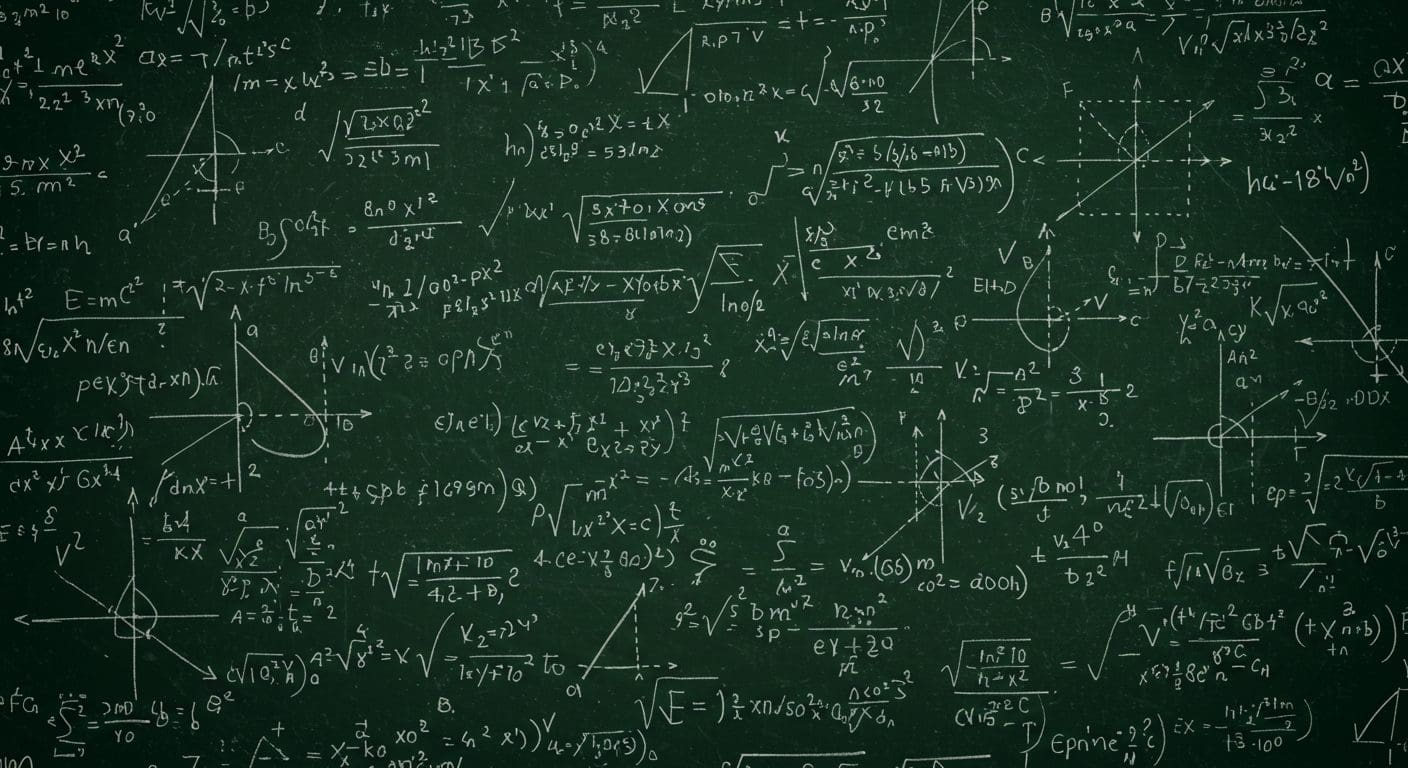The challenge of proving the complexity of certain computational problems receives significant attention from computer scientists, and recent work focuses on adapting techniques from classical constraint satisfaction problems to more complex scenarios. Eric Culf from University of Waterloo, Josse van Dobben de Bruyn from Technical University of Denmark and Charles University, and Matthijs Vernooij from TU Delft, alongside Peter Zeman from Charles University, investigate the existence of ‘commutativity gadgets’, tools that allow researchers to prove the undecidability of these complex problems. Their work establishes the first known barrier to creating these gadgets, demonstrating that certain constraint satisfaction problems, specifically -colouring, cannot be proven undecidable using existing methods. Importantly, the team also constructs a commutativity gadget for a different formulation of -colouring, and identifies conditions that predict when these gadgets cannot exist, offering valuable insight into the limits of current proof techniques and paving the way for new approaches to understanding computational complexity.
Commutativity Gadgets and Entangled Constraint Problems
Constrained Satisfaction Problems (CSPs) provide a fundamental framework for modelling computational challenges, and finding efficient solutions is crucial across many applications. This research investigates the conditions under which commutativity gadgets, specific variable arrangements that simplify the search process, exist or do not exist for entangled CSPs, a class of problems where constraints involve correlations between variables. Understanding these conditions is essential for improving the performance of constraint satisfaction algorithms. Entangled CSPs arise naturally in areas such as quantum information processing and multi-agent systems. The team aims to provide a comprehensive characterisation of the conditions under which commutativity gadgets can be found, establishing necessary and sufficient conditions for gadget existence in specific classes of entangled CSPs, exploring the relationship between gadget existence and problem complexity, and developing techniques for constructing gadgets when they exist, or proving their impossibility when they do not. The ultimate goal is to provide a theoretical foundation for designing more effective constraint satisfaction algorithms for entangled CSPs.
Entangled CSPs Remain Computationally Challenging
This research presents theoretical results in the field of Constraint Satisfaction Problems (CSPs), focusing on the complexity of CSPs when considering entangled settings. It builds on existing work in classical CSPs and extends it to these more complex scenarios, demonstrating that certain graph CSPs remain difficult even in the entangled setting. Conversely, the research proves that bipartite graphs remain easy to solve, even when considering entangled constraints. These findings contribute to a theoretical understanding of the complexity of entangled CSPs and have implications for the potential use of quantum computing to solve these problems. The results demonstrate that complexity is not always reduced by considering entanglement, and that certain graph structures retain their computational difficulty, while others remain efficiently solvable.
No Commutativity Gadget For Graph Colouring
The research establishes a new obstruction to the existence of commutativity gadgets, demonstrating that a constraint satisfaction problem possessing a non-classical endomorphism monoid cannot admit a commutativity gadget. This finding confirms that no such gadget exists for the problem of determining the consistency of coloring graphs with a specific number of colors, extending previous knowledge about decidability in these systems. However, the authors also identify a different setting, termed the oracular setting, where a commutativity gadget can be constructed for this coloring problem. Further investigation reveals conditions under which these oracular gadgets are preserved, and that certain graph structures, like those lacking four-cycles, exhibit equivalence between standard and oracular gadgets.
This suggests that while standard gadgets may not exist, alternative constructions can be viable under specific conditions. The study also shows that odd cycles and odd graphs possess a commutative endomorphism monoid, leaving open the possibility that they might also admit standard commutativity gadgets. Future research could focus on exploring the conditions under which these gadgets exist for a wider range of problems, and on further characterizing the properties of constraint satisfaction problems with commutative versus non-commutative endomorphism monoids. The work contributes to a growing understanding of the relationship between classical and quantum computational complexity.

